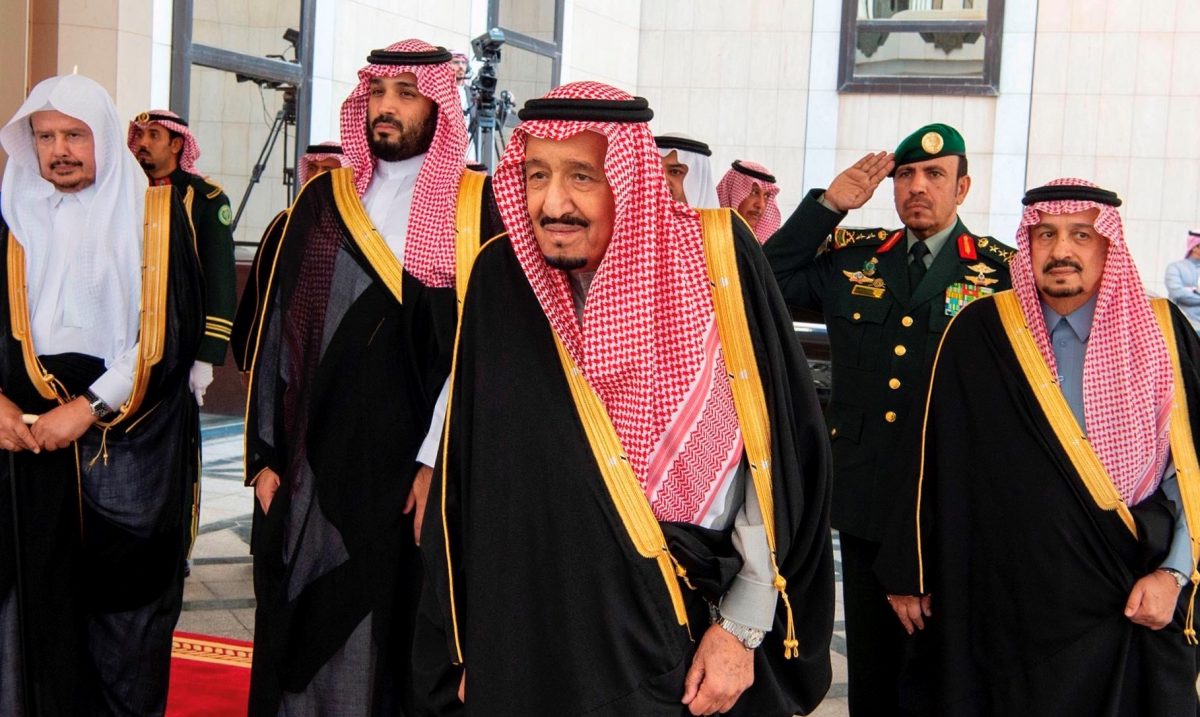Two energy rich heavyweights, Saudi Arabia and Qatar are set to reconcile their ingrained differences, opening fresh space for India to bond with the six nation Gulf Cooperation Council (GCC). Ahead of a summit of the six wealthy petro-monarchies on Tuesday that comprise the GCC, Saudi Arabia and Qatar agreed to reopen their airspace and maritime borders, marking a major thaw in the relationship frozen for a year.
There are three reasons why the coming together of Riyadh and Doha is good for India. First, the Saudi-Qatar thaw will allow India to collectively deepen its energy ties with the GCC. Saudi Arabia is one of the world’s largest producer of oil, whereas Qatar is among the world’s top three suppliers of natural gas — a fuel whose production and imports has been prioritised by India. Second, the normalisation of ties and closer collaboration withing the GCC, following the Riyadh-Doha deal, is good for the recovery of India’s post-Covid-19 economy.
The anticipated revival of GCC economies following the easing of internal tensions generates hope that the stalled Gulf-boom may get its second wind, opening the doors for greater participation of Indian hard currency earning expat workers. Remittances from the Gulf have contributed significantly to India’s foreign exchange coffers.
Third, the re-bonding of the GCC, is likely to dampen inroads of Turkey — Saudi Arabia’s rival-in-chief in the region. In recent years, Turkey had emerged as Qatar’s key ally. Any intra-GCC rapprochement, to that extent, may help dilute Ankara’s influence in India’s extended neighbourhood. Any reduction of Turkish influence is good for India, as Turkish President Recep Tayyip Erdogan, in league with Pakistani Prime Minister Imran Khan, as well as the generals in Rawalpindi has been consistently working to damage Indian interests in India and its neighbourhood. Fourth, intra-GCC détente may help Israel, India’s key ally to make deeper inroads into the region.
Under the US brokered Abraham accords, Israel has already normalised ties with the UAE and Bahrain. In case Tel Aviv manages to the embed in Saudi Arabia and Qatar, it could become another spur for India to deepen its GCC ties. According to a CNN report Kuwaiti Foreign Minister Ahmad Nasser Mohammed al Sabah said Monday on state television that "based on the recommendation of his highness Sheikh Nawaf al Ahmad al Sabah, the Emir of Kuwait God protect him, it was agreed to open the air and maritime borders starting today (Monday) between Saudi Arabia and Qatar."
He also said that the final agreement was the fruit of a call brokered by the Kuwaiti Emir with the Emir of Qatar, Sheikh Tamim bin Hamad Al Thani, and Saudi Crown Prince Mohammed bin Salman. Representatives from Bahrain, Kuwait, Oman, Qatar, Saudi Arabia, and the United Arab Emirates (UAE) will attend the event.
The Qatari Emir will also attend the summit, his first visit to the country in three years. In a statement, bin Salman said the summit would focus on regional "unity and cohesion," according to the state-run Saudi Press Agency (SPA). "Through [the summit] the hopes of the [Saudi] King and his brothers, the leaders of the (Gulf Cooperation Council), for unity and cohesion will be translated into facing the challenges of the region," SPA reported.
A senior US administration official told CNN on Monday that President Trump's son-in-law and senior adviser, Jared Kushner, helped negotiate the reopening between the two countries and was also expected at Tuesday's summit to attend a ceremony marking the achievement.




















